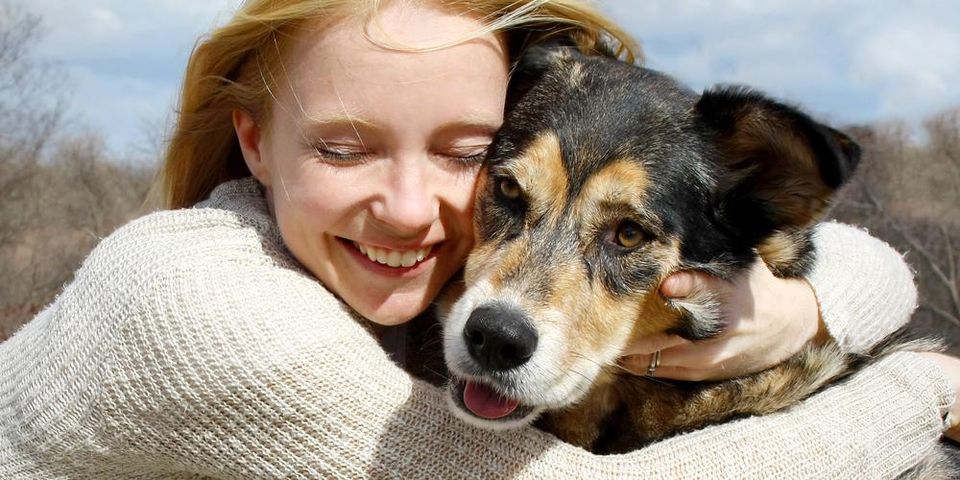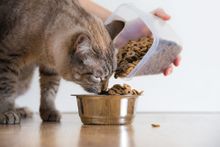
Pet obesity is a very real problem with potentially fatal health consequences. Many owners don’t realize that their pets might fall in the obese weight category, but the ability to recognize and address the issue early on is critical. By making lifestyle changes and working with a veterinarian, you can ensure you’re keeping your pets healthy, enabling their happy, long lives.
Your Guide to Pet Obesity
Is Your Dog or Cat Obese?
According to the World Small Animal Veterinary Association, obesity for both cats and dogs can be identified based on a few key characteristics. If their ribs aren’t easily visible, their waistlines are less defined, and their silhouette lacks an apparent abdominal tuck, it’s likely a veterinarian would diagnose your pet as obese. Other signs of animal obesity includes sagging fat on the stomach and at the base of the tail. In the worst cases of animal obesity, fat appears on the spine, neck, and limbs.
What Causes Pet Obesity?
 Pet obesity is often caused by overeating and a lack of exercise. Treats and small servings of human food are two factors that can contribute to overeating, which is why owners need to practice caution when rewarding and spoiling their furry friends.
Pet obesity is often caused by overeating and a lack of exercise. Treats and small servings of human food are two factors that can contribute to overeating, which is why owners need to practice caution when rewarding and spoiling their furry friends.
What Are the Health Consequences?
Similar to the health risks associated with obesity in humans, overweight pets are susceptible to developing Type 2 diabetes, cardiovascular issues, and even cancer. They also generally deal with a poor quality of life. The more weight they gain, the harder time they’ll have playing and exercising. Furthermore, the added stress to their joints can lead to chronic physical discomfort.
How Can You Prevent Animal Obesity?
To prevent pet obesity, it’s important to cut down on treats and eliminate human food from their diet. Make sure your pet is eating healthy, high-quality, veterinarian-approved food, and serve it based on the suggested portion sizes. Additionally, incorporate more physical activity into your pet’s lifestyle. Whether that means walking your dog around the block a few extra times or engaging in longer laser pointer playtime sessions with your cat, staying active will keep excess weight off.
If your pet is living with obesity, turn to a veterinarian at Hayward Animal Hospital. For over 30 years, the veterinary clinic has served Hayward, WI, offering a wide range of medical services, including animal surgery, pet orthopedics, animal dentistry, and general animal care. Visit their website to learn more about their services, and connect on Facebook for news and health tips. If you’re ready to schedule a wellness exam, call (715) 634-8971 today.
About the Business
Have a question? Ask the experts!
Send your question

